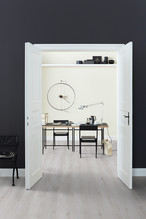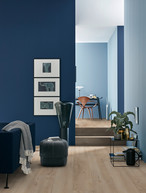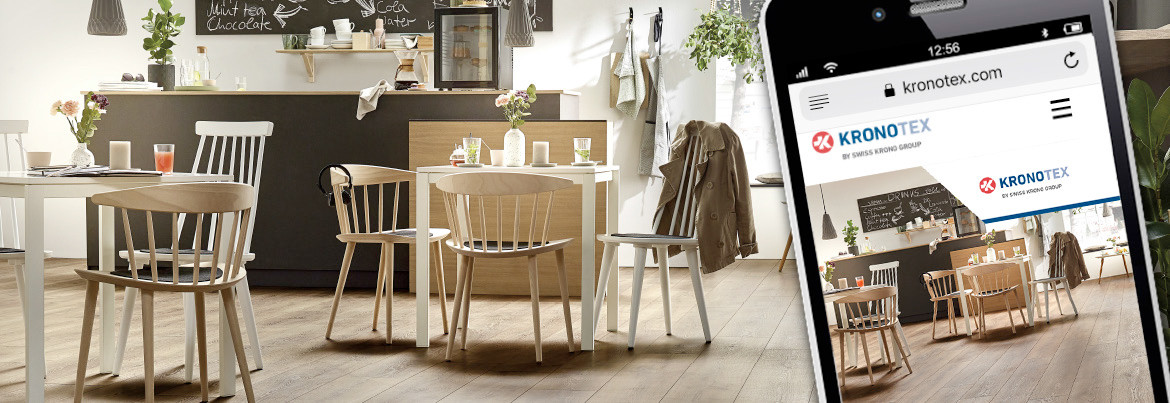The Magnetism of Established Brands
- Kategorie: Products, General
01. July 2017 | How a promise turns us into loyal fans and buyers
Over the course of years, some brands have built up an image that strongly impacts us as consumers. Take Nivea, Coca-Cola and Audi, to cite three prominent examples. Sales of their products benefit from a kind of magnetism radiated by the brand names and the promises associated with them. Conversely, of course, consumers also have certain expectations of big names like Apple or Siemens.
A brand promise, or rather the trust it induces, doesn’t happen overnight. It typically develops over a number of years, during which the products have to prove themselves. And it also takes time for the emotions evoked by advertising messages to coalesce with our actual experience with the products to create a consistent, firmly anchored brand image. This fact explains why most well-established brands have been around for quite a while.
All of us, whenever we hear or read a product name, instantly associate it with certain images. Take Marlboro, for example, or McDonald’s. In your mind’s eye you probably just saw a cowboy at sunset and then the golden arches, right? Images of this kind induce feelings that greatly influence our purchasing decisions. A combination of kept promises of quality, emotionally charged benefits and, in the best of cases, a certain level of status transforms us from satisfied customers into committed repeat buyers and then into loyal fans. Marketing experts talk about brand loyalty, which – exaggerating only slightly – is a kind of blind trust in the quality, functionality and/or design of the products involved.
“You can’t do anything wrong by buying a Mercedes!” Have you ever heard this or similar statements from others? It’s a safe bet you have. When people say things like this – and, incidentally, there’s a name for them too: “brand ambassadors” – it’s based on deep trust that is in turn founded upon experience, which isn’t necessarily personal experience – it can also second-hand. We can conclude from this that brands provide orientation: they make shopping easier because we believe we can’t do anything wrong by buying them.
It’s also fascinating to observe how a brand’s reputation, status and prestige can take on lives of their own independently of the original product and also become attached to other merchandise categories. The brand’s power is manifested in this image transfer. For example, it can leap from fashions to interiors. Take Hermès, which unveiled its first furniture collection in 2010. The Joop and Hugo Boss names can now also be found on textile products such as sheets and towels. We automatically assume that we’re making a good decision when we reach for products that bear the name of a major brand. Even if we aren’t personally acquainted with a product, it benefits enormously from the brand’s familiarity and positive associations. And this, ultimately, stimulates purchasing impulses in consumers like us.
Firms that make and sell licensed products also take advantage of this transfer. Put a good product together with a well-known brand name, and everyone wins. Villeroy & Boch has been pursuing this strategy for many years. This ceramics manufacturer’s core portfolio comprises tiles as well as porcelain products for dining tables and bathrooms. But, with the aim of equipping entire “living worlds”, today the firm sells a considerably broader range. For instance, lamps, bathroom furniture and laminating floors are now also available from Villeroy & Boch, which doesn’t produce them itself. Instead, it partners with other producers for this purpose. One of them is the SWISS KRONO GROUP, which supplies laminate flooring for the Villeroy & Boch Flooring Line.
SCHÖNER WOHNEN, one of Germany’s most popular modern living magazines, has been very successfully taking a similar approach for quite a few years. It also sells products to beautify walls and floors, textiles and even entire homes. Laminate flooring from SWISS KRONO TEX can also be found in its portfolio: the SCHÖNER WOHNEN collections consist of 12 selected decors made by it. Consumers are willing to place such great trust in the quality and design of products bearing the SCHÖNER WOHNEN name that the actual producer fades into the background. It goes without saying that less well-known manufacturers greatly benefit from arrangements like these. But even prominent producers forge alliances of this type in order to address new target groups and boost their own sales. Of course, before a company puts its brand name on products made by others, it very carefully considers who it can and wants to work with. Otherwise it runs the risk that the arrangement will fail to have the desired effect or even backfire and wind up tarnishing its brand image. It’s therefore essential for the licensees to pass scrutiny for entering into such a partnership as equals.
Incidentally, brands mainly impact us at an emotional level. Although we are all too willing to believe that we are making rational decisions, various studies have come to a different conclusion: that our purchasing choices mostly come from the gut. Which explains why the magnetic allure of brands is so powerful.

|

|

|

|
Five Latest Articles
| 11.12.2020 | A Major Landmark |
| 20.11.2020 | Let it shine - Advent promotion |
| 15.10.2020 | My Weather: Aqua Robusto Resists Autumn Rain |
| 25.09.2020 | Berlin Chic in the ‘Gebrüder Fritz’ |
| 27.08.2020 | HERRINGBONE: utterly classic elegance reinterpreted |

